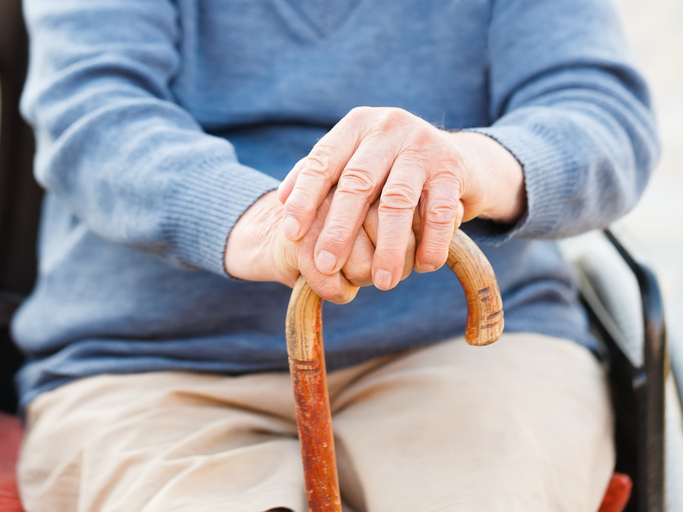
5 ways to reduce the risk of seniors falling in the home
March 17, 2018
Unannounced audits set to shake up residential aged care in sector reforms
March 25, 2018Swallowing – it’s a serious issue

Swallowing – it’s a serious issue
Concerns are being raised and calls are being made for more to be done surrounding support, recognition and consideration for older Australians with swallowing difficulty in light of Swallowing Awareness Day and statistics which highlight choking as the second biggest killer in Australian nursing homes.
Allied health organisation Speech Pathology Australia has drawn attention to the shocking statistics which came from an analysis of Australian Bureau of Statistics data, as part of their ongoing work in advocating the importance of supporting Australians living with swallowing difficulties.
The organisation is calling for more “careful consideration” to be given to older adults with swallowing difficulties, with National President Gaenor Dixon noting that around 15-30 percent of people aged 65 and over living in the community have a swallowing difficulty, a figure she says rises to over 50 percent for older Australians living in nursing homes.
Ms Dixon adds that people also living with age-related conditions such as stroke, dementia and Parkinson’s disease are also likely to have a swallowing difficulty and be placed at risk of choking – a leading cause of premature death in Australian nursing homes.
“Swallowing disorders remain largely invisible, poorly understood by the general community, and rarely addressed in government policy, despite choking being the biggest killer of residents in nursing homes after falls,” she explains.
“Older Australians living with swallowing difficulties should be recognised as a vulnerable population that require specific protections and safeguards, meaning failure to look after older Australians with this support is a form of neglect that places the individual at significant risk of potential death through choking.”
Ms Dixon says she and the organisation see Swallowing Awareness Day as an opportunity to bring attention to swallowing disorders and to connect people with professionals that can help – speech pathologists.
“Swallowing problems can mean food, drinks or saliva gets into the lungs and this can cause lung infections, with severe swallowing complications, including choking, leading to death, and other complications leading to poor nutrition, dehydration, health complications and social isolation,” she says.
“Australians with undiagnosed difficulties are frequently referred to other health practitioners – often for expensive and invasive investigations – when a speech pathologist could readily manage the problem.”
Parkinson’s Australia has also supported the work of speech pathologists in assisting those with swallowing difficulty, highlighting that it is an issue for up to 80 percent of people with Parkinson’s.
“Systematic review of evidence estimates that dysphagia occurs in up to 80% of people with Parkinson’s. It is often unrecognised unless objectively assessed by the appropriate professionals,” Parkinson’s Australia says.
“The ability to chew and swallow impacts on ensuring a balanced diet and meeting specific nutritional needs [and] swallowing difficulties can interfere with taking medications, which is vital for treating the symptoms of Parkinson’s.
“A speech pathologist can provide recommendations for swallowing management and may teach exercises, strategies and techniques for safe and optimal chewing and swallowing, specific to individual needs.”
Speech Pathology Australia says Swallowing Awareness Day offers an “opportunity for all of us to learn more about swallowing difficulties and how they impact on the lives of our friends, neighbours and our wider community”, and suggests that any carers who believe their loved ones are having trouble swallowing should contact a speech pathologists.
This article was originally published on www.agedcareguide.com.au on 15/3/18.
Author unkown










